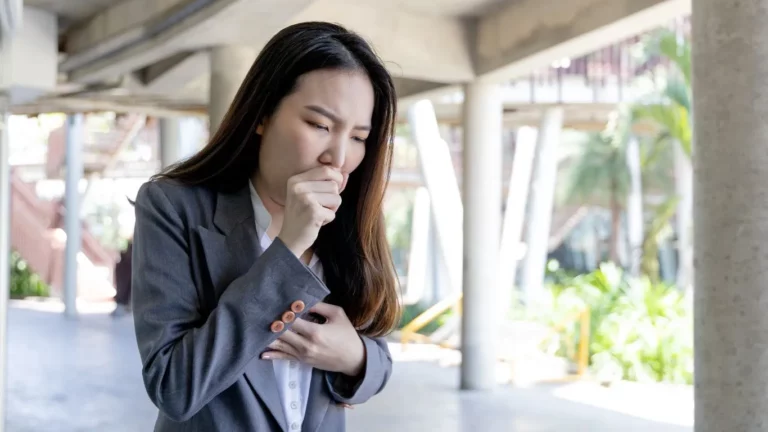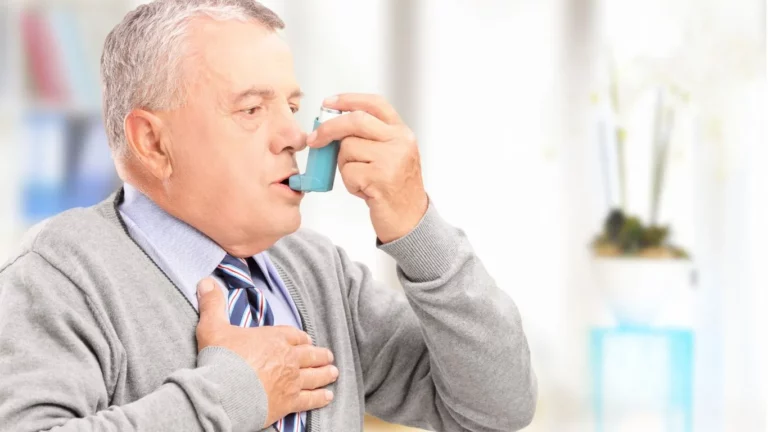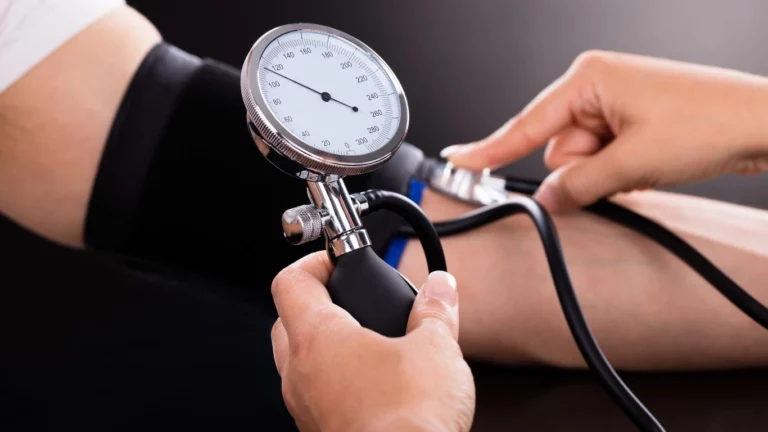When Excitement Triggers Asthma: What You Need to Know
Can asthma be triggered by excitement? You bet it can—and as a pulmonary nurse practitioner, I’ve seen this firsthand more times than I can count. Most people think asthma only flares up from physical exertion, cold air, or allergens like dust and pet dander. But emotional responses—especially intense ones like excitement—can be powerful triggers too. It might sound surprising, but our nervous system and respiratory system are tightly connected, and when one goes into overdrive, the other often follows. Let’s dive into how this works and why recognizing emotional triggers is just as important as avoiding the usual suspects like pollen or smoke.
How Emotions and Asthma Are Linked

As someone who works with asthma patients day in and day out, I’ve learned how much emotions play a role in asthma management. When we feel excited—whether from a happy surprise or anticipation before a big event—our body ramps up its sympathetic nervous system. That’s the part responsible for the “fight or flight” response. And while it’s doing that, it can also narrow the airways, make the muscles around them tighten, and increase inflammation in people with asthma.
That tightening makes it harder to breathe, leading to symptoms like:
- Chest tightness
- Shortness of breath
- Wheezing
- Coughing
It’s wild, but something as seemingly harmless as a kid getting excited on their birthday, or an adult gearing up for a job interview, can actually bring on an asthma attack. I’ve had patients tell me, “I wasn’t running or exposed to anything—I was just super excited!” And yep, their peak flow readings would confirm it. That’s why understanding emotional triggers is crucial in building a well-rounded asthma action plan.
Can Asthma Be Triggered by Excitement in Children?
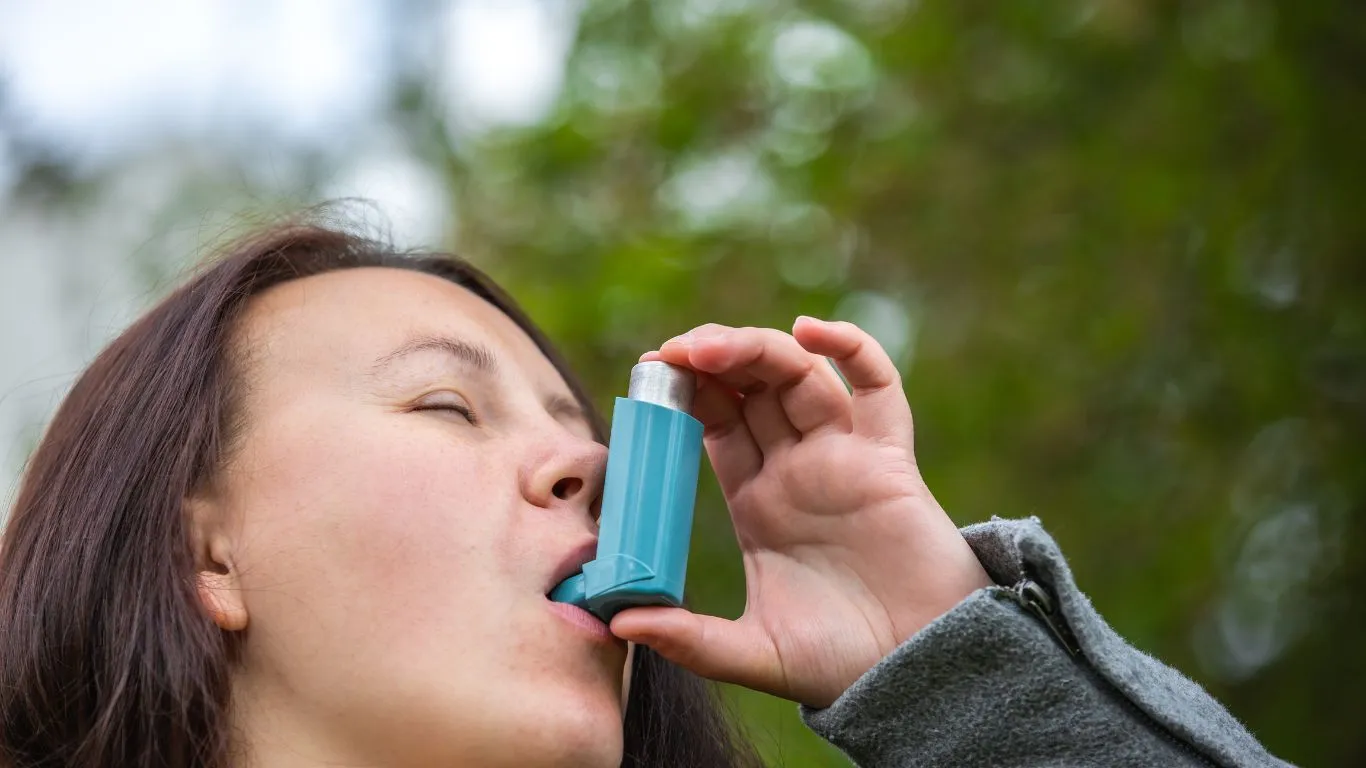
Why Kids Are Especially Vulnerable
Kids are some of the most emotionally expressive little humans on the planet, which makes them particularly susceptible. When they get revved up—from birthday parties to playground thrills—their excitement can lead to hyperventilation or even crying, both of which can trigger asthma. I’ve seen it in clinics and emergency rooms: little ones wheezing after a fun but overstimulating day.
Tip: If you’re a parent, pay close attention to how your child’s asthma behaves during emotional highs. Keeping a symptom diary can help you connect the dots between their excitement levels and asthma episodes.
Managing Emotional Triggers in Young Patients
One thing I often tell parents: don’t try to shut down your child’s joy—just be prepared. That might mean making sure they’ve taken their preventative medication before an exciting event, and that you have a rescue inhaler on hand. Breathing techniques and mindfulness (yes, even for kids!) can help too.
- Teach deep belly breathing when calm
- Practice during non-trigger moments
- Use fun apps or visual tools to guide them
It’s not about being a buzzkill—it’s about empowering your kid to enjoy life safely.
Recognizing the Signs of Emotion-Triggered Asthma in Adults
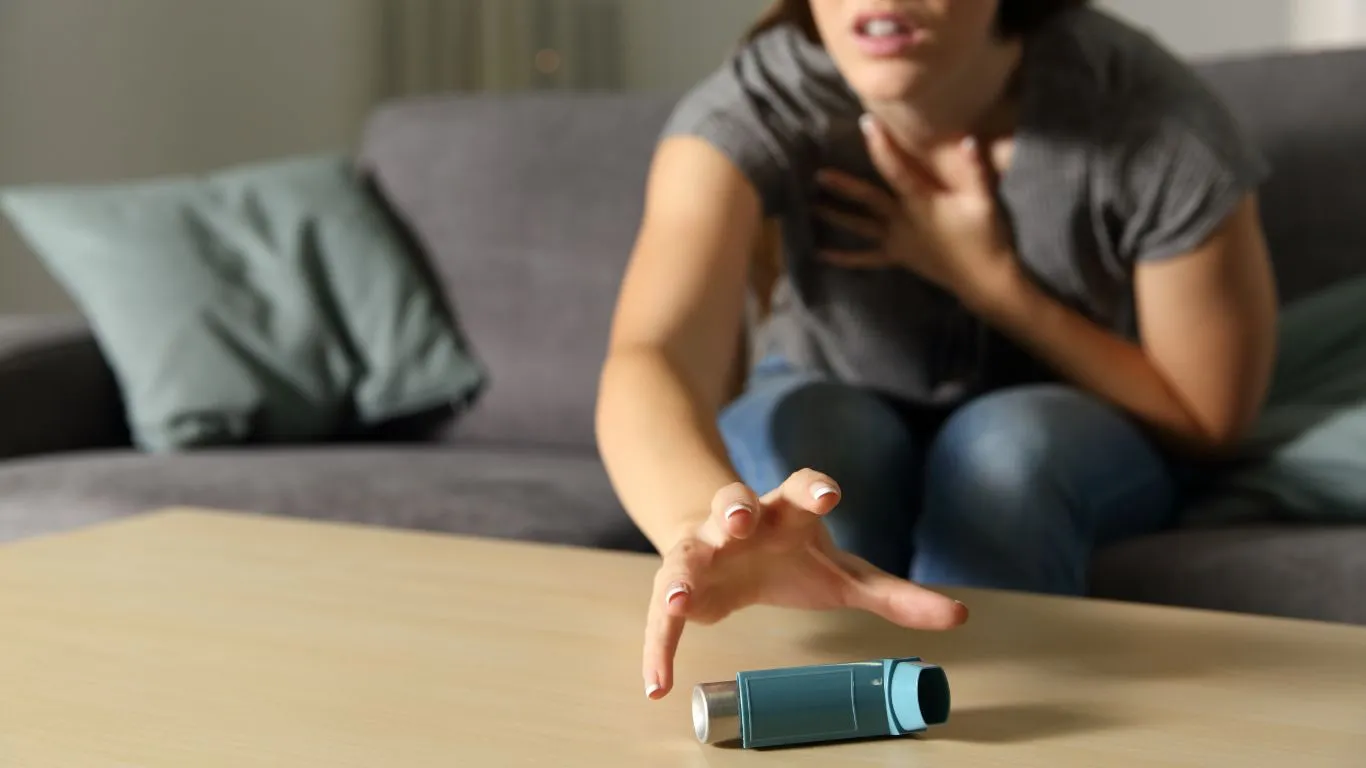
Adults aren’t off the hook either. Even if you haven’t had emotional-triggered symptoms before, they can develop over time. I remember one of my patients, a 32-year-old who swore she’d outgrown her childhood asthma. Turns out, every time she prepared to speak at a conference or attend a big family event, her symptoms would creep back. She chalked it up to nerves—but once we tracked it, it was clearly excitement-induced asthma.
Here’s what to watch for in adults:
- Breathlessness during emotional conversations
- Coughing or chest tightness after good news
- Increased use of rescue inhalers before big events
Managing it means being honest with yourself about your emotional landscape. I often recommend journaling or mood-tracking apps, along with asthma apps, to create patterns and correlations over time.
How to Prepare for Emotion-Triggered Asthma

So now that we know can asthma be triggered by excitement is a solid yes, the next question is—what can we do about it? Managing excitement-triggered asthma doesn’t mean you have to avoid all fun or stop living your life. (Let’s be real—nobody’s skipping their own wedding or game night just to keep their lungs calm.) It’s more about being prepared and knowing your body’s signals.
When one of my patients was getting married, she was super excited (as expected), but also anxious about a potential asthma flare during her big day. Together, we came up with a proactive plan that worked beautifully:
- We adjusted her maintenance meds in the weeks leading up to the event
- She practiced calming breathing exercises regularly
- Her maid of honor carried her rescue inhaler in a clutch (because bridal dresses don’t exactly come with pockets)
It’s about small, practical steps that let you stay present in the moment without worrying your lungs will steal the spotlight.
Breathing Techniques That Actually Help

Now, I’m not going to tell you to just “breathe deeply” and call it a day. That advice is tossed around way too loosely. But there are actually some breathing strategies that can train your lungs and nervous system to stay calmer when excitement kicks in.
The Buteyko Method
This one’s been around for a while and focuses on breathing through your nose and slowing down your breath. It’s based on the idea that over-breathing (which often happens during excitement) can lead to airway constriction. I’ve had patients swear by it—especially folks with exercise- or stress-induced asthma.
Box Breathing
Also called four-square breathing, this is simple and super portable. You inhale for 4 seconds, hold for 4, exhale for 4, and pause for 4. Do this a few rounds when you feel excitement building, and it can act like a “reset” for your nervous system. I’ve even used it myself before hectic clinic days when I know the adrenaline’s gonna spike.
Rescue Inhaler Timing
Not exactly a “technique,” but worth mentioning. If you know you’ve got a big event coming up—a speech, a date, a flight—talk to your provider about using your rescue inhaler preventatively. Some folks benefit from taking it 10–15 minutes beforehand to keep their airways relaxed.
Tracking Patterns and Emotional Triggers

Let’s talk tracking. I always recommend my patients keep a simple log—not just for physical triggers like pollen counts or cold air, but for emotional events too. That’s how you start spotting patterns. Did your asthma flare up after good news? Before a celebration? Post-vacation planning frenzy?
Here’s what to jot down:
- Date and time of symptoms
- What was happening emotionally (excited, nervous, overwhelmed)
- What triggered the emotion
- Medications taken and if they helped
One of my patients started noticing her symptoms always ramped up before she picked up her grandkids. Not because of allergies or exertion—but because she was thrilled to see them and also slightly anxious about the responsibility. Once we pinpointed that pattern, we worked on mindfulness and adjusted her med timing. No more surprises at the playground!
When to Get Professional Help
If excitement-triggered asthma is becoming a regular thing for you, or if you’re relying more on your rescue inhaler than usual, it’s definitely time to check in with your healthcare provider. We can work with you to fine-tune your treatment plan—whether that means stepping up your daily controller medication or incorporating stress and excitement management techniques.
And don’t feel weird bringing up the emotional side of things. As someone in pulmonary care, I love when patients are tuned into their body and want to understand the full picture. Trust me, we’d much rather help you sort it out in a calm setting than see you land in the ER because excitement got the best of your lungs.
Bottom line? Joy and thrill are part of life—and you deserve to experience them fully. With the right tools, a little preparation, and awareness of your triggers, you can absolutely manage excitement-triggered asthma without missing out on the moments that matter.
Building a Lifestyle That Supports Asthma Control

Managing asthma isn’t just about reacting to symptoms—it’s about creating a lifestyle that helps you stay ahead of them. If you’ve been following along this far, you know the answer to can asthma be triggered by excitement is a solid yes. And while that might feel limiting at first, trust me—it’s completely manageable with the right habits and mindset.
Over the years, I’ve seen so many patients completely transform how they live with asthma. Not just with medications, but by incorporating small, powerful lifestyle tweaks. Think of it like laying a strong foundation so the little emotional earthquakes—like excitement, nerves, or even bursts of joy—don’t shake you as hard.
Daily Habits That Make a Big Difference
Here are a few things I often recommend in clinic, based on both evidence and personal success stories:
- Consistent medication use: Don’t skip your controller meds, even when you’re feeling good.
- Mindful movement: Activities like yoga, tai chi, or even daily stretching can help regulate your breath and calm your nervous system.
- Sleep hygiene: Poor sleep increases stress and inflammation. Try to keep a consistent bedtime and wind-down routine.
- Nutrition: Anti-inflammatory foods—like leafy greens, berries, turmeric, and omega-3s—can help reduce baseline airway inflammation.
One of my patients even started journaling every night—not just to track symptoms, but to clear her mind before bed. She said her breathing felt smoother in the mornings after she offloaded the day’s stress onto paper.
Educating Friends, Family, and Coworkers

Here’s something I think more people with asthma need to hear: you’re allowed to talk about your condition. Seriously. The more your circle knows about how your asthma behaves—including how excitement can be a trigger—the more they can support you in meaningful, respectful ways.
I once worked with a teen who was hesitant to tell her drama club friends that she needed breaks during rehearsals—not from the dancing, but from the emotional adrenaline. When she finally opened up, they totally got it and even adjusted some of the warm-ups to help her breathe easier. Huge win.
Tips for sharing:
- Be casual but clear—“Hey, sometimes my asthma flares when I get really excited. It’s weird, but totally manageable if I catch it early.”
- Let people know how they can help—“If you notice me coughing or slowing down, just give me a minute and maybe remind me to use my inhaler.”
- Don’t downplay it. Your health deserves the same space in the conversation as anyone else’s needs.
Living Fully—With Joy and Breath
I want to wrap up with this: having asthma doesn’t mean you have to sit on the sidelines of your own life. Yes, can asthma be triggered by excitement is a real phenomenon. But it doesn’t have to control you. You just have to outsmart it a little—and build a care plan that actually fits your lifestyle, not the other way around.
Whether you’re a parent of a child with asthma, someone who’s had asthma since childhood, or newly diagnosed in adulthood, you have options. You can laugh, cry, cheer, perform, fall in love, and get butterflies before a big moment—and breathe through it all. I’ve seen it, I’ve coached it, and I’ve lived it.
Be proactive. Be honest with yourself. And most of all, don’t let asthma steal your spark.
References
Disclaimer
This article is based on my personal experience as a pulmonary nurse practitioner and is intended for informational purposes only. It is not a substitute for professional medical advice, diagnosis, or treatment. Always consult your healthcare provider with any questions you may have regarding a medical condition.

Bianca Nala is a compassionate Nurse Practitioner with a strong background in primary and respiratory care. As a health writer for Healthusias.com, she combines her clinical expertise with a talent for clear, relatable storytelling to help readers better understand their health. Bianca focuses on topics like asthma, COPD, chronic cough, and overall lung health, aiming to simplify complex medical topics without losing accuracy. Whether she’s treating patients or writing articles, Bianca is driven by a single goal: making quality healthcare knowledge accessible to everyone.




